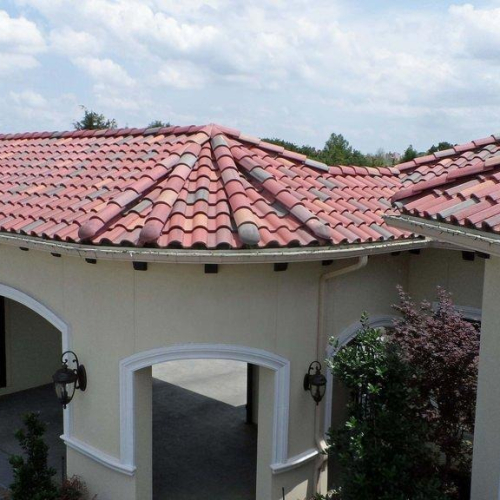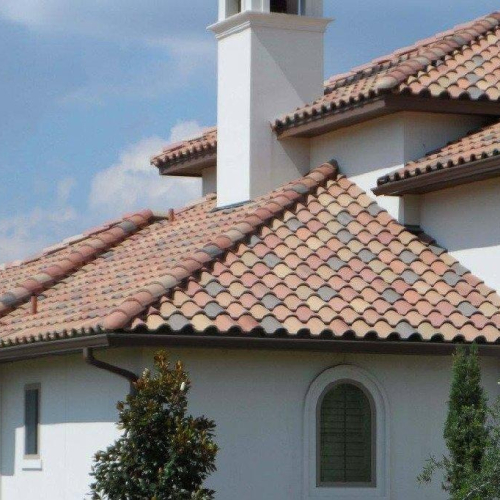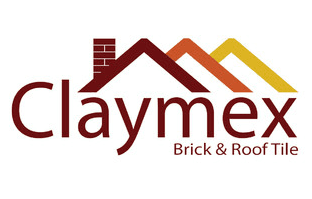Roof Tiles
Roof Tiles
Roof tiles are designed mainly to keep out rain, and are traditionally made from locally available materials such as terracotta or slate. Modern materials such as concrete and plastic are also used and some clay tiles have a waterproof glaze.
Roof tiles are ‘hung’ from the framework of a roof by fixing them with nails. The tiles are usually hung in parallel rows, with each row overlapping the row below it to exclude rainwater and to cover the nails that hold the row below. There are also roof tiles for special positions, particularly where the planes of the several pitches meet. They include ridge, hip and valley tiles. These can either be bedded and pointed in cement mortar or mechanically fixed.
No matter the style, reason, or color you choose, Darden Building Materials has the roof tile you want. Call today and speak with one of our specialist to find out if roof tiles will be a good fit for your home or building. Not sure on the style or color? Visit our showroom in Waco and view in person all we have to offer.





